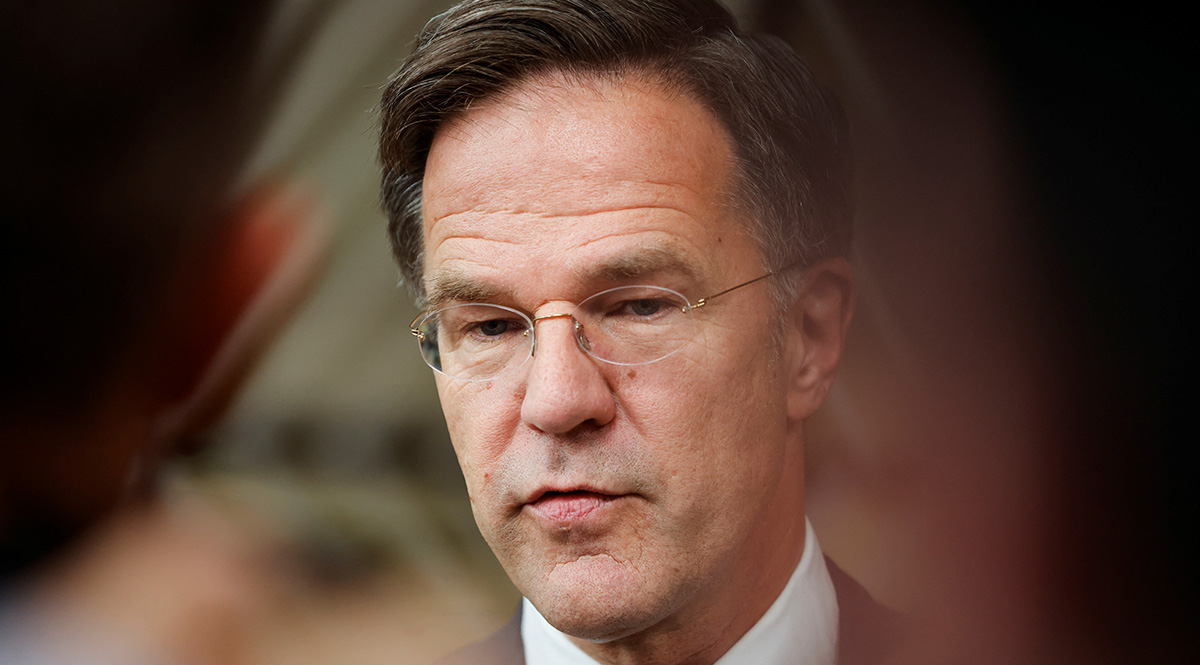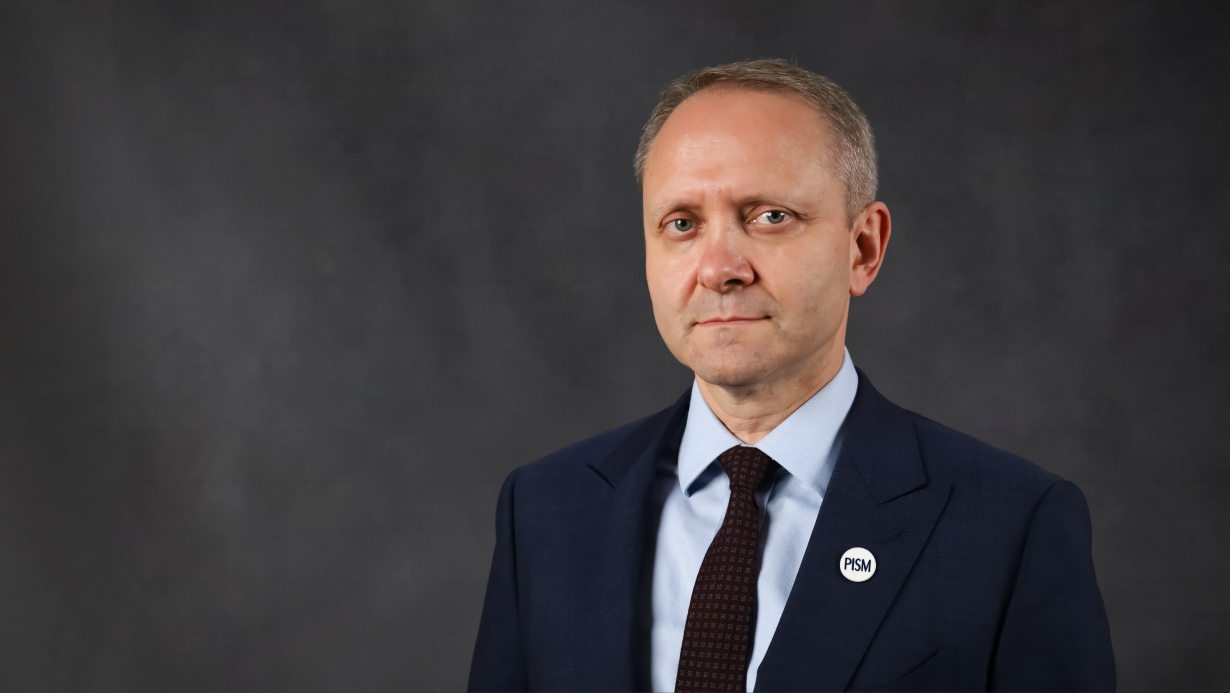NATO Selects a New Secretary General
On 26 June, NATO allies decided that outgoing Dutch Prime Minister Mark Rutte would become the new Secretary General of the Alliance. He will take over his duties on 1 October, replacing former Norwegian Prime Minister Jens Stoltenberg.
 Johanna Geron / Reuters / Forum
Johanna Geron / Reuters / Forum
Who is the new NATO Secretary General?
Rutte has been the prime minister of the Netherlands since 2010 and a long-time leader of the liberal, centre-right People’s Party for Freedom and Democracy (VVD). He led it to victory four times (2010, 2012, 2017, 2021). Each time, the VVD didn’t have enough seats to govern independently, but thanks to Rutte’s negotiating skills and political pragmatism, it was able to build coalitions, even though unstable ones. After the fall of the government at the end of 2023 and the electoral victory of Geert Wilders’ far-right Freedom Party, Rutte has remained in office until the conclusion of negotiations to form a new coalition. As the prime minister of the Netherlands, he built up his personal recognition and a strong position in the European Union. He represented a coalition of countries demanding savings and a tight EU budget, and at the same time demonstrated negotiation skills and the ability to reach a compromise. At the NATO summit in 2018, Rutte also proved that he was able to deal with Donald Trump, who as president criticised European countries for insufficient defence spending and threatened to withdraw the U.S. from the Alliance. Rutte was able to convince Trump that spending was increasing, giving him a credit for this positive trend, which probably helped reduce political tensions between the U.S. and Europe at that time.
What convinced the allies to choose Mark Rutte?
NATO had to select a successor to Stoltenberg, whose term ends on 2 October. Stoltenberg had been in office since 2014, but his leadership of the Alliance was extended by the members four times, in 2017, 2019, 2022, and 2023. The reason for those extensions was the political challenges related to maintaining NATO cohesion during the Trump presidency (2017-2020), and then the full-scale Russian invasion of Ukraine in February 2022 and the need for rapid adaptation to the threat from Russia while maintaining NATO political cohesion. Before the latest extension, Stoltenberg clearly signalled that he would like to leave office. For his successor, Rutte quickly secured the support of the four strongest countries of the Alliance—the United States, the United Kingdom, France, and Germany. The Prime Minister of Estonia Kaja Kallas also signalled her interest in taking up the position, and the president of Romania Klaus Iohannis officially announced his candidacy. This showed the aspirations of the countries on NATO’s Eastern Flank and their concerns that Western allies would not have enough determination to further adapt NATO to the threat from Russia and support Ukraine. Most countries considered Rutte a good candidate, thanks to his ability to build compromises. However, the consensus required concessions to Hungary, which Rutte promised in writing would not have to take part in the allied support mission for Ukraine.
Has Rutte set a dangerous precedent by making concessions to Hungary?
From the point of view of the interests of the Eastern Flank countries, this decision has more advantages than risks. Maintaining consensus on NATO’s main mission—collective defence and deterrence—is of fundamental importance. This mission comes directly from Art. 5 of the Washington Treaty (one for all, all for one). In other areas of joint activities, even if agreed in NATO strategy, there is often no unity. This was seen, for example, in Afghanistan, where different countries to varying degrees were willing to bear the costs and risks associated with the mission. Maintaining consensus therefore has political value, but it should not hinder making key decisions that are not related to collective defence. Since Hungary has consistently tried to block decisions furthering NATO-Ukraine cooperation, making a concession to Hungary allows the Alliance to take on a greater role in coordinating assistance to Ukraine. This is necessary to reduce the risk associated with Trump’s possible election in November. So far, the vast majority of support for Ukraine has been coordinated within the Ukraine Defence Contact Group (the so-called Ramstein Format) established by the U.S. However, it can be assumed that if Trump wins the presidency, the scale of American aid to Ukraine and the importance of the Ramstein Format is likely to decrease.





